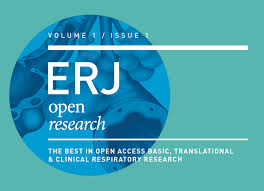Study: Night shifts increase asthma risk for women

Editor's Note Women who work night shifts are around 50% more likely to have moderate or severe asthma compared to women who work only during the day, according to findings published in ERJ Open Research. As detailed in a June 15 announcement from the European Respiratory Society, the study analyzed…
Study: Long working hours alter brain regions tied to emotion, cognition

Editor's Note Clocking long hours has impact beyond fatigue. It may also physically reshape the brain. As reported May 13 by CNN, that is the central finding of a new study showing significant structural brain changes in overworked individuals, particularly in areas tied to emotional regulation and executive function. Conducted…
Survey: Burnout, rigid schedules push nurses to leave

Editor's Note Only 39% of nurses expect to remain in their current jobs a year from now, citing burnout, compassion fatigue, and inflexible schedules as top reasons for leaving, according to AMN Healthcare’s 2025 Survey of Registered Nurses. Healthcare IT News reported on the findings May 14. As detailed in…
Study: Longer shifts, understaffing increase nurse sickness absence

Editor's Note Hospital units with more RNs and fewer long shifts experience significantly lower rates of staff sickness absence, while understaffing and long shifts drive nurse illness, according research published April 22 in JAMA Network. The retrospective longitudinal case-control study involved 18,674 RNs and nursing support (NS) staff across 116…
Long nursing shifts in mental health wards lead to increased patient incidents
Editor's Note A new study in Journal of Nursing Management, published on September 6, found that when the majority of nursing shifts in mental health and community wards were 12 hours or longer, there was a significant increase in the risk of patient incidents. Some highlights of the study include:…
Rest break practices of 12-hour shift nurses
Editor's Note This study led by nurse researchers at the University of Tennessee, Knoxville, finds that rest break practices of 12-hour shift nurses are of poor quality. Survey data from 806 nurses were analyzed. Key findings include: Most nurses did not take regular rest breaks. Breaks were often interrupted, spent…

 Free Daily News
Free Daily News